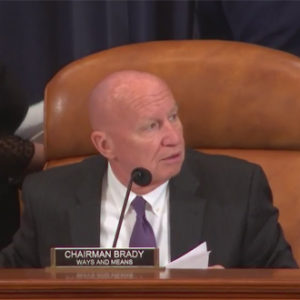
The Paradise Papers: A Year Later
This week marks the one-year anniversary of the release of The Paradise Papers, a leak that included 13 million documents from a large offshore law firm. The leak detailed a number of tax avoidance techniques used by the wealthy and multinational corporations to avoid taxes. At the same time, Congress was rushing to pass the Tax Cuts and Jobs Act.
In light of the Paradise Papers revelations, we encouraged lawmakers to carefully review the information from the leak and consider whether their overhaul would address the tax dodging practices exposed. They chose not to do so.
Unlike the earlier Panama Papers story, where Americans were notably absent, the Paradise Papers had clear U.S. connections. There was extensive data on the tax avoidance schemes of at least 31,000 U.S. citizens, residents, and companies including household names like Apple, Nike, and Uber. Rather than consider lessons to be learned around how policies might work in practice, lawmakers chose to ignore the warning signs. The tax law passed just over a month later with minimal attention paid to any of the insights to be gleaned from the leak. It should not be surprising that the law continues to encourage multinational corporations to engage in offshore tax schemes.






